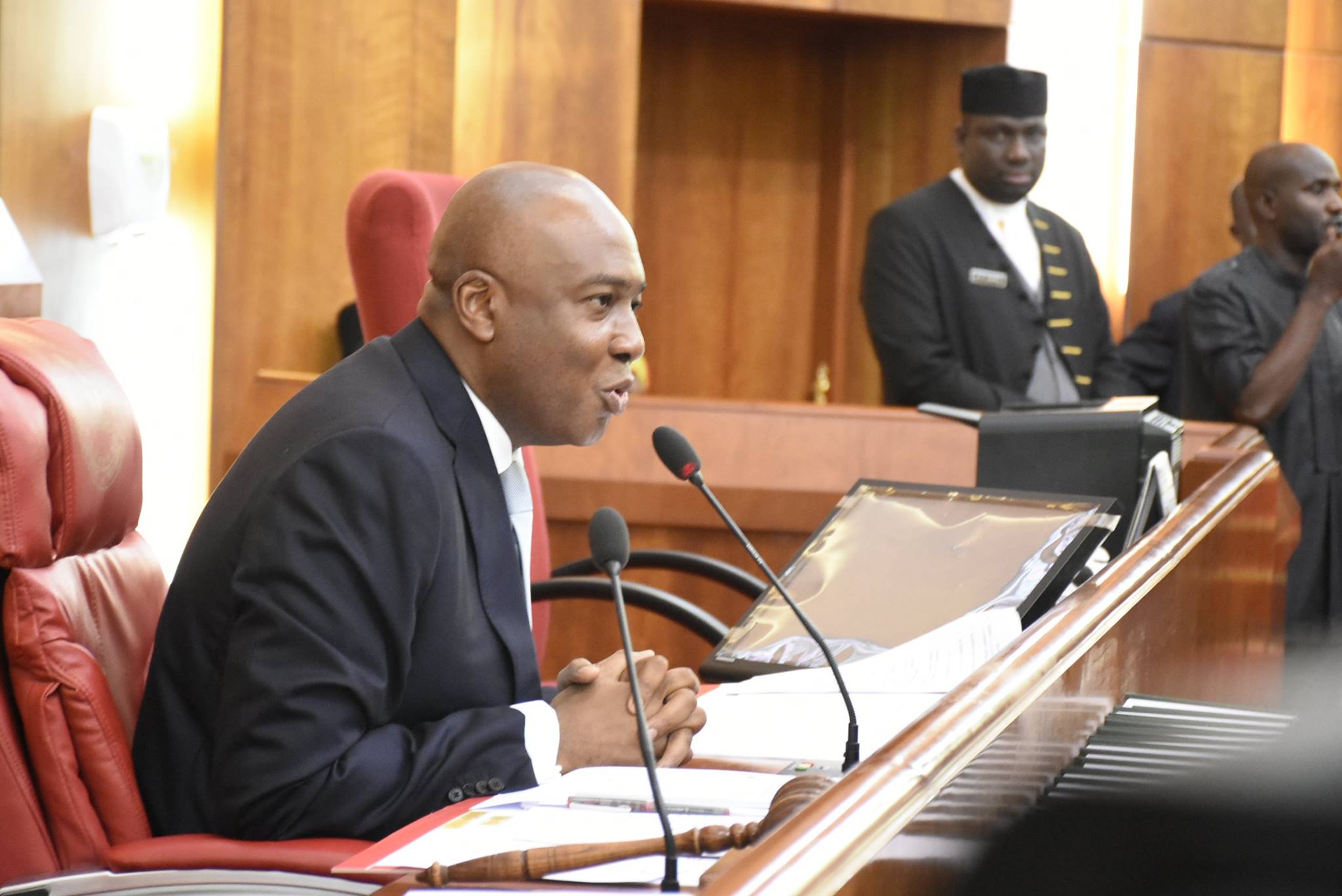by Raheem Raheem
Reading through the surreal judgment delivered by the Supreme Court of Nigeria on the case filed against the Code of Conduct Tribunal (CCT) by Senator Bukola Saraki, it came as a surprise that the CCT was allowed to proceed with the case despite damning evidences that suggests the case was more of persecution and not prosecution as they would have us believe.
Although, the ruling by the Apex Court has given birth to all sorts of sentimental headlines on different news platforms, it however, remains to be seen what the likely objective of such a charade trial is, and will be.
Some rhetorical questions that comes to mind as a concerned Nigerian citizen are: “Why is Bukola Saraki the only politician who makes such sensational news headlines?” and “when will the Nigerian judicial system stop being a stooge of the ruling party and speak out in support of the the truth.”
In the year 1999, Nigeria’s National Assembly was reborn. This rebirth gave rise to the restoration of the powers of the legislature – after many years of relative obscurity that had left Nigeria without or with little access to a legislature capable of implementing oversight functions.
Prior to the 7th and 8th Assemblies, due to the relative secrecy in which the National Assembly was run, like many other Nigerians, I was uninformed and lacked the vital information on how the National Assembly was being managed by our representatives in government. Many Nigerians tend not to understand the primary functions of the legislature which is to make laws for peace, order and good governance and which has totally left many wondering how the legislative arm of the government really works. However, in the 7th Senate, under the leadership of Senator Bukola Saraki, in a bid to not leave any stone unturned, Saraki began publishing updates on the plenary activities of the Senate. In a similar vein, since his emergence as the Senate President, Dr. Saraki is the first Senate President to have started publishing updates live from the Senate Plenary sessions, and has gone as far as opening up multiple channels of communication between him, the Senate and every Nigerians. This is in line with Saraki’s promise to ensure #OpenNass, transparency and a participatory governance.
Throughout his public service career, Dr. Saraki has continued to demonstrate his leadership prowess. In 2007 when he presided as the Chairman of the Governor’s forum, a reformed forum was established with a fully resourced secretariat with the technical and administrative capabilities that was entirely focused on delivery. As a result of Saraki’s leadership and relationship with his fellow governors, Saraki was able to begin the trend of the Nigerian Governors Forum publishing position papers on policies. This singular move has, and has continued to make the states a force to be reckon with in the appropriation process.
Recently, in a bid to develop Nigeria’s local industries; provide jobs for the teeming youth, and; generating foreign exchange from the exportation of Nigerian products, the 8th Senate has pushed for a revised procurement act that will ensure and encourage the patronization of made in Nigeria products. This revised procurement act will see to it that government agencies only resort to imported goods when there are no local alternatives. Such basic legislative interventions set meaningful yardsticks that should be followed across the board.
Having been equipped with meritorious years of experience in governance, Dr. Saraki sees himself as the servant of a new Nigeria. Throughout his career, this man has worked hard to set lasting precedents, break with the mediocre norm, and ensuring that he leaves a positive mark behind in office that he has been blessed to occupy since Nigeria’s return to democracy 17 years ago.
In this regard, “In Bukola Saraki, I trust.”
Raheem Raheem is a political commentator. He can be reached by email HERE.
The opinions expressed in this article are solely those of the author.







